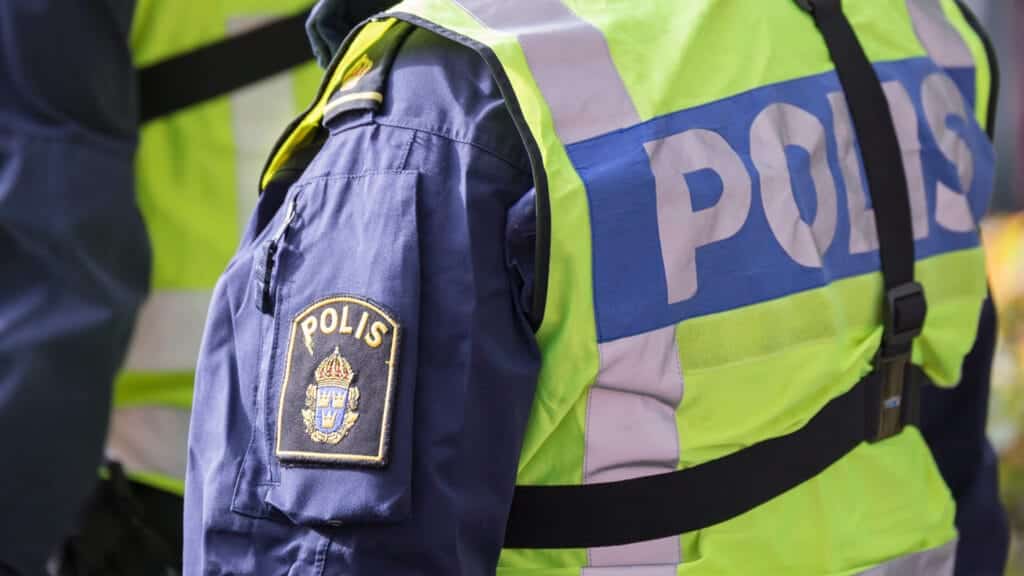Sweden extradites suspect to Kazakhstan

A Kazakhstani citizen suspected of attempted fraud was extradited from Sweden to Kazakhstan. According to the General Prosecutor’s Office, he faces up to ten years in jail.
What is the man accused of? According to the agency, in August 2019, several individuals impersonated themselves as national security agents trying to steal $30,000 from a businessman in Almaty.
Even though the Committee for National Security successfully prevented the crime from happening, the suspect had managed to disappear. He was added to the international wanted list.
Where was the suspect detained? According to the General Prosecutor’s Office, law enforcement agencies of the Kingdom of Sweden detained the suspect in the capital city of Stockholm at the request of Kazakhstan’s government.
«He is currently in custody in Astana,» the agency said in a statement.
What punishment does the suspect face? The General Prosecutor’s Office said that the punishment for the crime the detainee is accused of committing could be up to ten years in jail and confiscation of property.
According to the General Prosecutor’s Office, Kazakhstan has already signed 72 bilateral agreements with foreign countries related to criminal and legal issues. The country is also negotiating criminal extradition issues with Peru, Egypt, Cyprus and Vietnam.
The list of countries partnering with Kazakhstan in the legal sphere through bilateral agreements is available here.
In 2022, Kazakhstan received more than 90 requests for extradition from foreign governments. Eighty requests were fulfilled, according to the General Prosecutor’s Office of Kazakhstan. Russia, Uzbekistan and Kyrgyzstan accounted for the vast majority of those extradited criminals.
For example, in early October, Kazakhstani police officers detained a citizen of Uzbekistan in Shymkent. He was on the international wanted list as a follower of a «destructive religious movement,» as Kazakhstani officials describe such people.

